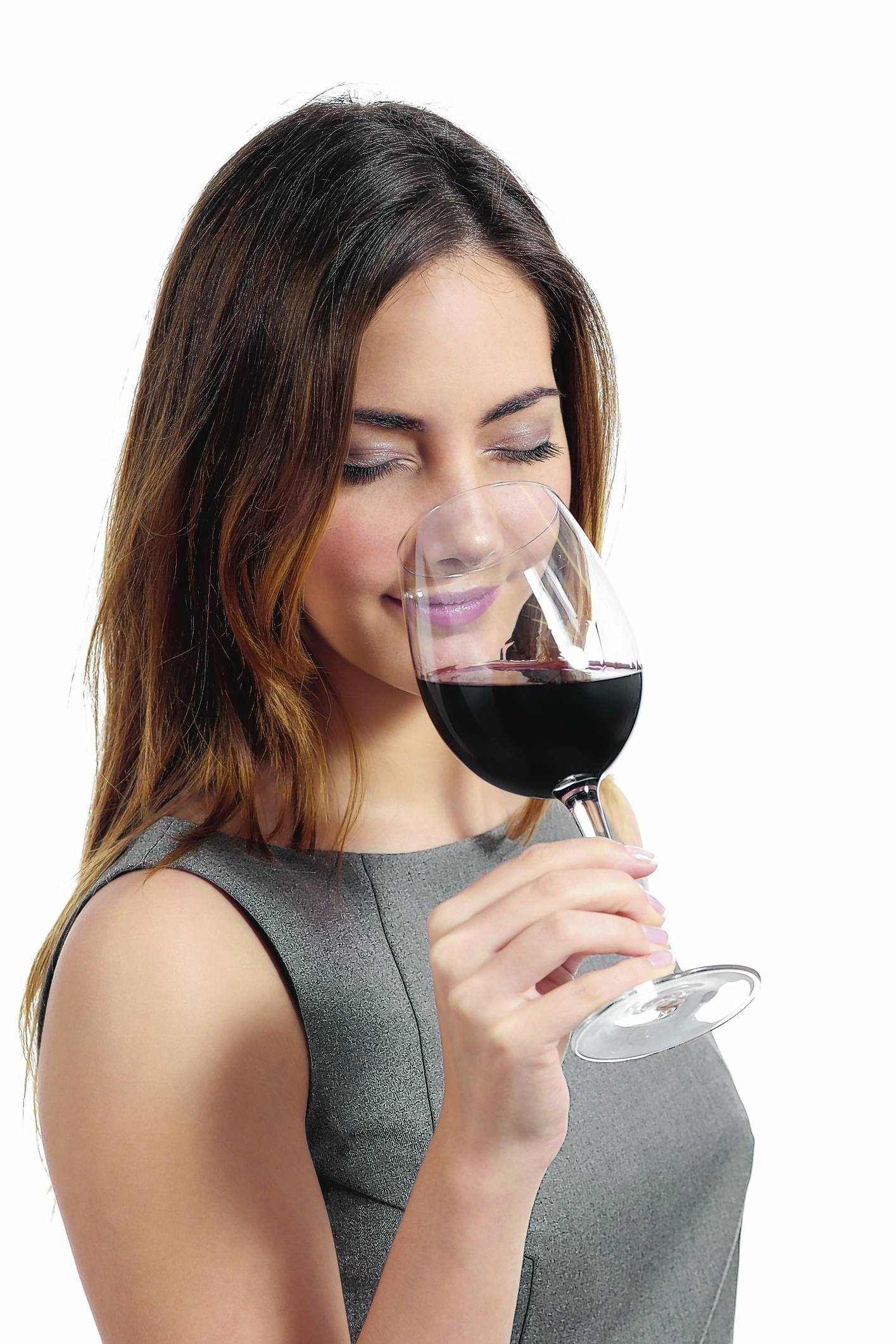Abstinence is all the rage this time of year – from booze, that is. It’s easy to see why; we’ve eaten so much food over Christmas, rolling into work is almost as sensible as walking right now and, as for the alcohol intake, it’s best not to even think about it.
New Year just wouldn’t be New Year if we didn’t open those unnecessary 18 bottles, would it?
But it’s OK. January is here, so we can now replace the halos on our heads, ban all booze and eat nothing but fruit, vegetables and rice cakes.
But it turns out that January is the worst month in the year to give up a little vice that makes you happy – even the experts think so.
DON’T BRING ON THE JANUARY BLUES
The first month of the year is always a tough one. After weeks of socialising, presents and Christmas spirit, we’re back to reality with a bump. The weather is dark, damp and depressing, and life can feel that way too. Why we want to give up all the food and drink that cheers us up is beyond me. You don’t have to continue consumption like it’s party season, of course, but neither do you have to abstain from all the treats that make you happy.
CUT BACK, DON’T CUT OUT
Cutting back on booze is the key this month.
“Cutting out all alcohol is very restrictive and can cause social anxieties,” says hypnotherapist and author Georgia Foster (www.georgiafoster.com).
“Instigate a few alcohol-free days, rather than cutting it out completely.”
Try taking smaller steps, agrees diet and fitness expert Laura Williams (www.laurawilliamsonline.co.uk). Pledge to not go OTT at the weekends and take a week off at a time – it’s way better for your health.”
OLD HABITS ARE HARD TO CHANGE
Another reason not to give up alcohol entirely is because come February, you might be back to bingeing.
“Drinking in moderation is healthy and a month of abstinence can actually make people drink more when they resume,” says Magdalena Bak-Maier, trained neuroscientist, author of Get Productive and founder of www.maketimecount.com.
“My advice is drink small amounts to support your health, heart and circulation, which in moderate amounts is beneficial.”
Foster agrees: “Come February, if you’ve cut alcohol completely, you tend to go back to your old drinking habits, which can leave you feeling frustrated.”
ALCOHOL CAN BE GOOD FOR YOU
Despite the bad press, drinking isn’t all bad.
“A dry January is less beneficial than a New Year’s resolution of keeping the units consumed in a week within the recommended guidelines – 21 units for men, 14 for women,” advises Dr Imran Rao, of Pall Mall Medical (www.pallmallmedical.co.uk).
“The body likes predictable habits, not shocks. And red wine is thought to be more beneficial because of an antioxidant known as reserveratrol found in the skin of grapes.
“Some studies have found moderate drinking is linked to a lower risk of cardiovascular disease,” adds Williams. But, she stresses, that’s for very moderate habits, such as one drink a day, and doesn’t include not drinking during the week and then bingeing on a Saturday night.
HELP IS AT HAND
There are lots of ways to get goodness into your diet, instead of just taking the “badness” out of it by stopping booze.
Up your intake of fruit and vegetables, and eat more rice, grains and salad.
You can also do some damage limitation by increasing your exercise and taking supplements that will give your body a hug. A multivitamin is always a good idea, and you could opt for a natural remedy.
Clinical nutritionist Suzie Sawyer says: “Try taking a supplement like Thisilyn Milk Thistle to help lessen the effects of alcohol on your liver. It contains an active ingredient called silymarin, which has been shown to protect the liver from alcohol damage and premature ageing by helping to regenerate liver cells.”
